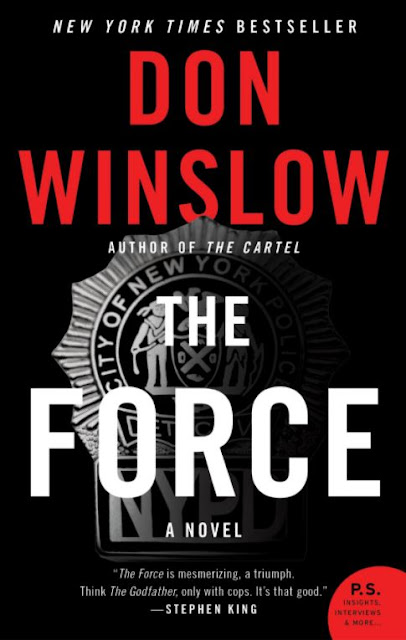***The Non-Spoiler part of this review***
What I love about this book:
First, the gritty uncompromising detail of this novel, it’s a noir-style mystery, so that’s appropriate. Also, the main character, Joe King Oliver, who was formerly NYPD and was framed and disgraced by dirty cops in the department and sent to Rikers Island, has the added dimension of being an ex-cop in prison and being black. So it doesn’t go well—would be a massive understatement. Mosley captures the horrors of being a black man on the wrong side of the law and the unique terror of being simultaneously a fallen paragon of said law.
It’s no secret here if you’re a return reader of this blog, but I’m a big audiobook fan. So a big reason I like this book is that the narrator, Dion Graham, perfectly captures the voice of the world-weary PI. Something about his performance makes Walter Mosley’s already polished but blunt—straightforward but educated—prose sparkle. There is a quality to the writing that without coming right out and saying it, that this is what the real lived-in world is like, and it sweeps you up in its narrative and doesn’t stop until it’s over.
There are references to jazz, and Thelonious Monk in the narrative, which are appropriate because if a book could capture the spirit of a jazzy improvisational style without being a book specifically about jazz music—it’s this one. Mosley’s writing above all else to me is musical, lyrical even.
What I don’t love about this book:
A lot of criminal mystery novel clichés are packed into this plot. The twists and turns in the plot are all rote and barely caused me anything resembling shock. I don’t want to give you the wrong impression, and this doesn’t make it a bad novel, it’s just a little predictable.
You know how I just said this novel two paragraphs ago, captures the spirit of jazzy improvisation? Yeah, I meant that purely in how Mosley writes, the actual writing stylistically ebbs and flows, changes, and experiments. The plotting doesn’t do that. Nearly every chapter of the book has a sandwich quality. What I mean by this is: the critical information comes at the beginnings and ends of each chapter. The in-between bits are where the character work happens, which is enjoyable, since Mosley’s characters are all flawed, and interesting, multifaceted people.
There is one thing though about the main character that I don’t like: he has a troublesome relationship with women, in general. He doesn’t hate them or hit them, nothing like that, but you could say he loves them a little too much, which includes his daughter. Some of his comments and observations are creepy.
Every time I read a detective mystery, or a police procedural, where there is someone seemingly in the inner circle of the detective who is probably a traitor, I play a game. And the game is called: is the traitor the detective's best friend/long time partner/trusted mentor?
This preview is an Amazon Affiliate link;
as an Amazon Associate, I earn from qualifying purchases.
***The Spoiler part of this review***
***Ye be warned to turn back now***






